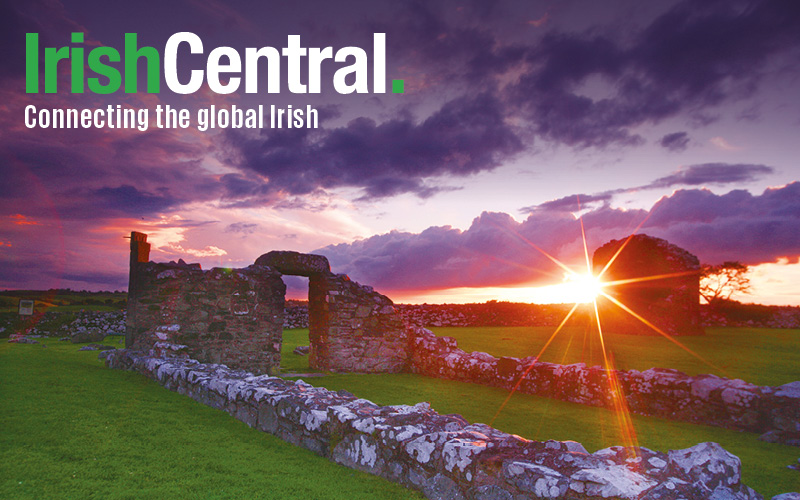Although Reynolds is also an English name of Norman origin, almost all of the Irish Reynolds are derived from the Gaelic name MacRaghnaill which means "Son of Ragnall", a form of Fandal or Reginald. The name is most commonly anglicized as Reynolds, but it also occurs as Mac-Rannal and Grannell. The MacRaghnaill or Reynolds family were a prominent clan in the southern half of County Leitrim where they held the territory of Moylish, which included their castles at Lough Scur and Rinn. The old archives record their ancient rivalry with the neighboring O'Rourkes. The Reynolds ghosts were no doubt pleased that when Ireland's former Taoiseach Albert Reynolds chose his new cabinet, and one of the ministers who lost their positions was one Mary O'Rourke! The Reynolds clan were strong supporters of James II in his campaign against William of Orange. Lieutenant Morgan Reynolds, Captain Edward Reynolds, and Ensign Turlough Reynolds were members of the Jacobite army. These nationalist Reynolds would no doubt have had strong words to say to their notorious kinsman Thomas Reynolds (1771-1836). Although he was a member of the rebel United Irishmen, and the brother-in-law of their leader Wolfe Tone, he became an informer and gave the British the vital information which allowed the entire Leinster leadership of the movement to be arrested and thus effectively put an end of the 1798 rebellion as it was planned. Among the interesting Irish Reynolds are George Nugent Reynolds (1770-1802), who was born in Leitrim and became a famous songwriter and poet. He also wrote a short musical Bantry Bay, which was performed in Covent Garden, London. James Emerson Reynolds (1844-1920) was a Dublin medical doctor who abandoned a medical career to devote himself to chemistry, and achieved great distinction as a researcher and educationalist in that discipline. Because there is also a family of Reynolds of English extraction, it is often difficult to tell the origin of the American Reynolds. However, among those whose Irish ancestry is well established are John Reynolds (1778-1865) who was born in Pennsylvania of Irish parents, but moved as a child to Illinois. He set up a law practice and embarked on a career as a politician. He effected this by what the Dictionary of National Biography describes (in a rare moment of levity) as "courting the farmers with his Irish Blarney." He was elected Governor of Illinois in 1830. Among other things in his interesting career he wrote many books including My Own Times (1855) and Pioneer History of Illinois (1852). John Fulton Reynolds (1820-1863), whose grandfather was from Ireland, was a distinguished career soldier who was awarded honors for gallantry at the Battles of Buena Vista and even before the Civil War began. In that war he fought in many of the main engagements. He was killed by a sharpshooter at Gettysburg, where he commanded the left flank of the Union army. William Reynolds (1815-1879), a brother of the above John, opted for a naval career. Among his exploits was a trip to the South Seas with Wilkes, during which he was the first to discover the Antarctic peak that now bears his name. Retiring from the navy due to ill health, he returned during the Civil War, and commanded the Naval Depot in Port Royal, North Carolina for its duration.




Comments